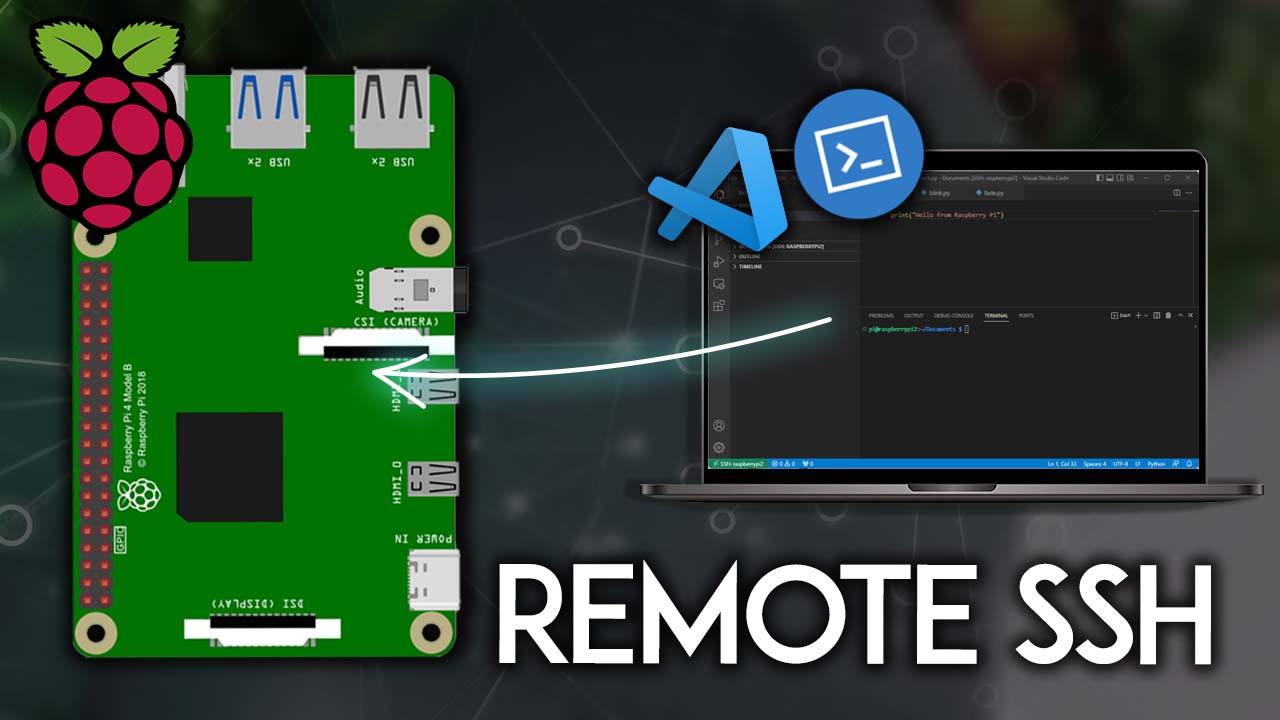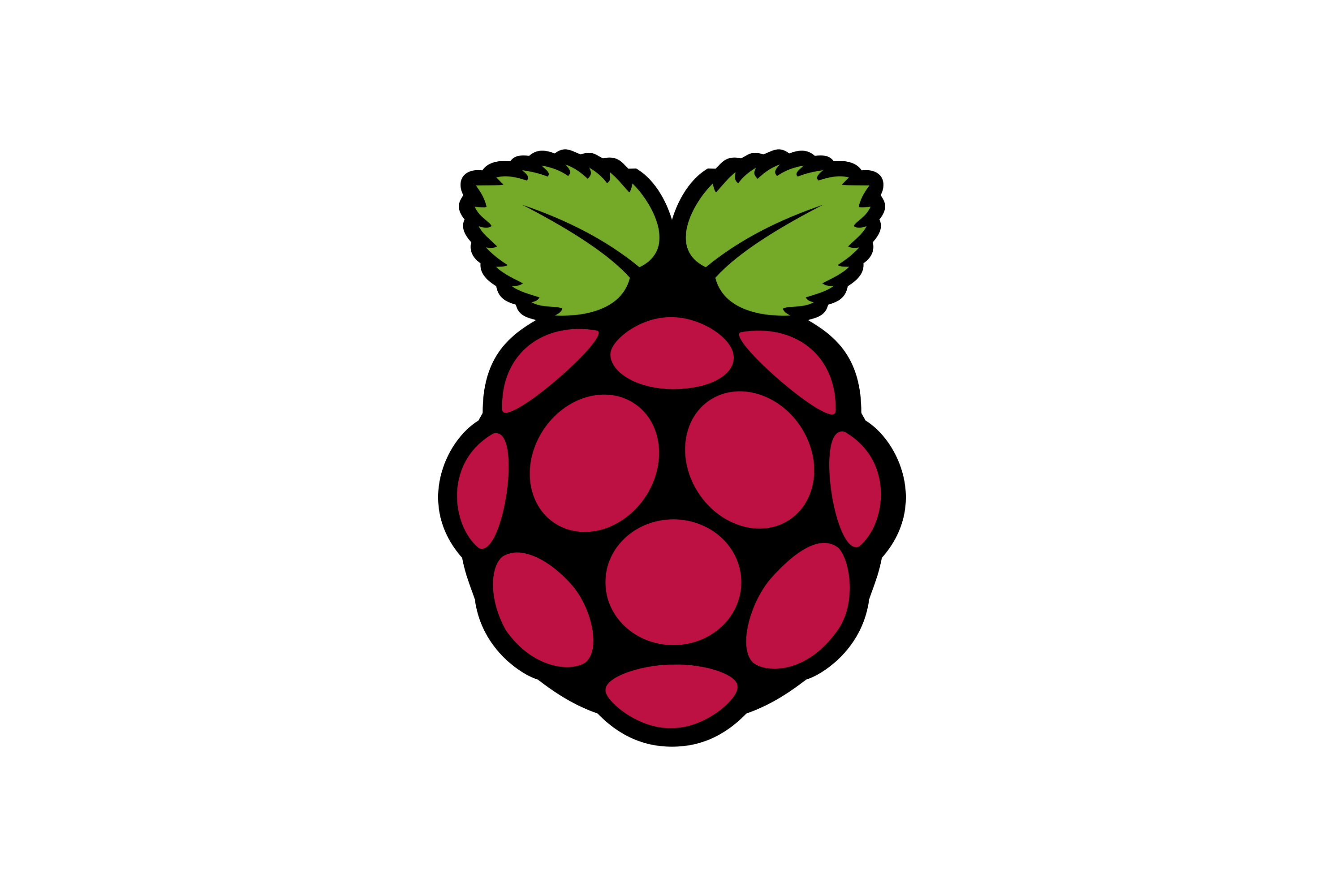Imagine this: You're chilling at home, sipping coffee, and BAM—you suddenly need to access your Raspberry Pi remotely. Sounds like a hassle, right? Wrong! With the magic of remoteiot web ssh raspberry pi free solutions, you can take control from anywhere without breaking the bank. Whether you're a tech enthusiast or a hobbyist, this setup is your golden ticket to seamless remote access.
Let's break it down for you. RemoteIoT web SSH Raspberry Pi free options are not just a trend; they're a necessity for anyone who wants to stay connected without spending a fortune. From automating your home to managing servers, having remote access opens up a world of possibilities. And hey, who doesn't love saving money while staying tech-savvy?
But wait, there's more. This article isn't just another tech jargon-filled blog post. We're here to guide you through every step, ensuring you understand how to set up and manage your Raspberry Pi remotely without the headache. So grab your favorite snack, and let's dive into the world of remote IoT magic!
Read also:Wasmo Telegram Link Your Ultimate Guide To Exploring The Trending Platform
Why RemoteIoT Web SSH Raspberry Pi Free Matters
So, why exactly should you care about remoteiot web ssh raspberry pi free? Well, it's all about flexibility and cost-effectiveness. Picture this: You're traveling or working from a coffee shop, and you need to tweak your Pi's configuration. Instead of rushing back home, you can do it with just a few clicks. That’s the power of SSH on your side.
SSH, or Secure Shell, is like your digital Swiss Army knife. It lets you securely connect to your Raspberry Pi from any device with an internet connection. And the best part? You can set it up for free using tools and platforms that are readily available online. No need to splurge on expensive software or hardware upgrades.
Here’s a quick list of why remote SSH is a game-changer:
- Access your Raspberry Pi from anywhere in the world.
- Secure connection with encryption to keep your data safe.
- Cost-effective solution that fits any budget.
- Perfect for automating tasks, managing servers, or running IoT projects.
Understanding the Basics of Raspberry Pi Remote Access
Before we jump into the nitty-gritty, let’s talk about the basics. Your Raspberry Pi is more than just a tiny computer; it’s a powerhouse for innovation. To unlock its full potential, you need to know how to access it remotely. That's where SSH comes in.
SSH works by creating a secure tunnel between your device and the Raspberry Pi. This tunnel ensures that your data remains private and protected from prying eyes. Plus, it’s super easy to set up, even if you’re not a tech wizard.
Here’s what you need to know:
Read also:Wasmo Somali Channel 2025 A Rising Star In Digital Media
- SSH uses port 22 by default, but you can change it for added security.
- You can use SSH clients like PuTTY (for Windows) or the built-in terminal on macOS and Linux.
- Public and private keys add an extra layer of security to your connection.
Step-by-Step Guide to Setting Up SSH
Ready to roll? Here’s a step-by-step guide to setting up SSH on your Raspberry Pi:
First things first, make sure your Raspberry Pi is connected to the internet. Then, follow these steps:
- Open the terminal on your Raspberry Pi.
- Type
sudo raspi-configand hit Enter. - Select “Interfacing Options” and enable SSH.
- Reboot your Pi with
sudo reboot.
Now, grab your Pi’s IP address by typing ifconfig in the terminal. Use this IP to connect from another device using an SSH client.
Choosing the Right Tools for RemoteIoT Web SSH Raspberry Pi Free
With so many tools out there, picking the right one can be overwhelming. Don’t worry—we’ve got you covered. Here are some of the best options for setting up remote SSH:
Option 1: ngrok
ngrok is a popular choice for developers and hobbyists alike. It creates a secure tunnel to your Raspberry Pi, allowing you to access it from anywhere. Plus, it’s free for basic usage.
Here’s how to use ngrok:
- Download ngrok from their official website.
- Run ngrok with
./ngrok tcp 22to expose your Pi’s SSH port. - Connect using the ngrok-provided address.
Option 2: PageKite
PageKite is another excellent option for remote IoT projects. It’s easy to set up and works seamlessly with Raspberry Pi.
Steps to set up PageKite:
- Sign up for a free account on PageKite.
- Install PageKite on your Raspberry Pi.
- Configure it to expose your SSH port.
Option 3: LocalTunnel
LocalTunnel is a lightweight alternative that’s perfect for quick setups. It’s free and doesn’t require any registration.
Here’s how to get started:
- Install LocalTunnel using npm:
npm install -g localtunnel. - Run
lt --port 22to expose your SSH port. - Connect using the provided URL.
Securing Your RemoteIoT Web SSH Raspberry Pi Free Setup
Security should always be a top priority when setting up remote access. Here are some tips to keep your Raspberry Pi safe:
- Change the default SSH port to something less obvious.
- Disable password authentication and use SSH keys instead.
- Regularly update your Raspberry Pi’s software to patch vulnerabilities.
- Use a firewall to restrict access to your Pi.
Pro tip: Consider using fail2ban to block brute-force attacks. It’s a simple yet effective way to protect your Pi from unauthorized access.
Exploring Advanced Features of RemoteIoT Web SSH Raspberry Pi Free
Once you’ve mastered the basics, it’s time to explore some advanced features. Here are a few ideas to take your remote IoT game to the next level:
Setting Up a Web Server
Turn your Raspberry Pi into a web server using tools like Apache or Nginx. This allows you to host websites or web applications remotely.
Automating Tasks with Cron Jobs
Cron jobs let you schedule tasks to run automatically. Use them to back up your data, monitor system performance, or perform routine maintenance.
Using Docker for Containerization
Docker makes it easy to deploy and manage applications. Use it to containerize your projects and run them seamlessly on your Raspberry Pi.
Real-World Applications of RemoteIoT Web SSH Raspberry Pi Free
Let’s talk about how you can apply this knowledge in real-world scenarios:
- Home automation: Control smart devices from anywhere.
- Remote server management: Monitor and manage servers without being physically present.
- IoT projects: Build and deploy IoT solutions that require remote access.
For example, imagine running a weather station powered by your Raspberry Pi. With remote SSH, you can access real-time data and make adjustments as needed. Cool, right?
Troubleshooting Common Issues
Even the best setups can run into problems. Here are some common issues and how to fix them:
- Connection Refused: Check your Pi’s IP address and ensure SSH is enabled.
- Authentication Failed: Double-check your SSH keys or passwords.
- Timeout Errors: Make sure your firewall isn’t blocking the SSH port.
If all else fails, consult the official Raspberry Pi documentation or seek help from online communities like Reddit or Stack Overflow.
Conclusion: Take Control of Your Raspberry Pi Today
There you have it—a comprehensive guide to remoteiot web ssh raspberry pi free solutions. Whether you’re a seasoned pro or a newbie, these tools and techniques will help you unlock the full potential of your Raspberry Pi.
So, what are you waiting for? Dive in, experiment, and let us know how it goes. Feel free to leave a comment below or share this article with your tech-savvy friends. And if you’re hungry for more, check out our other articles on all things tech!
Table of Contents
- Why RemoteIoT Web SSH Raspberry Pi Free Matters
- Understanding the Basics of Raspberry Pi Remote Access
- Choosing the Right Tools for RemoteIoT Web SSH Raspberry Pi Free
- Securing Your RemoteIoT Web SSH Raspberry Pi Free Setup
- Exploring Advanced Features of RemoteIoT Web SSH Raspberry Pi Free
- Real-World Applications of RemoteIoT Web SSH Raspberry Pi Free
- Troubleshooting Common Issues
- Conclusion: Take Control of Your Raspberry Pi Today



